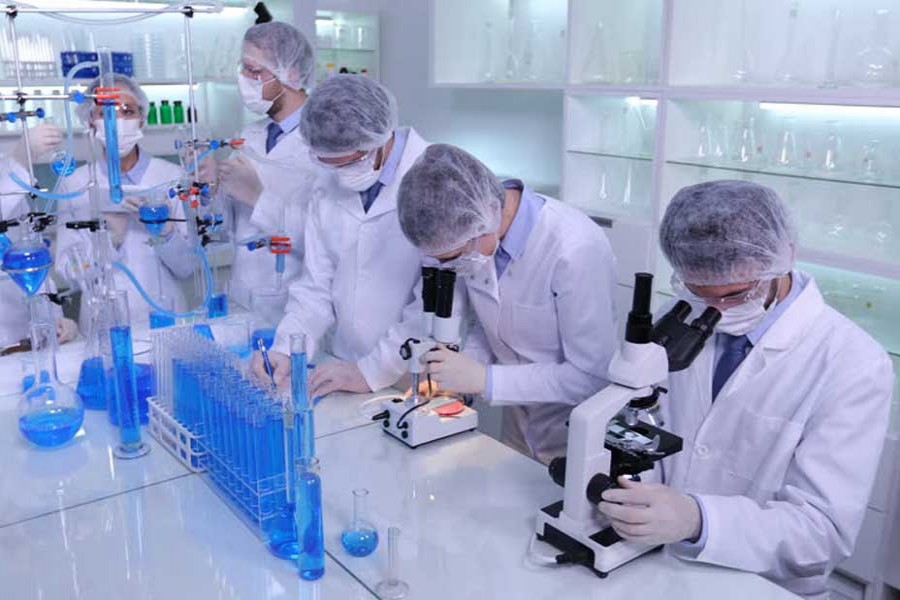US health scientists said in an essay Thursday that a candidate vaccine for the novel coronavirus (2019-nCoV) could be ready for early-stage human testing in three months.
In an essay published on the US medical journal JAMA, Anthony Fauci, director of the US National Institute of Allergy and Infectious Diseases, and Catharine Paules, an assistant professor of infectious diseases at Penn State University, said advances in technology since the SARS outbreak in 2003 have greatly compressed the vaccine development timeline.
The researchers moved from obtaining the genomic sequence of SARS virus to a phase-one clinical trial of a DNA vaccine in 20 months and have since compressed that timeline to 3.25 months for other viral diseases.
The scientists hope to move even faster for 2019-nCoV, using messenger RNA (mRNA) vaccine technology, according to the authors.
The predominant human receptor for the SARS glycoprotein is human angiotensin-converting enzyme 2 (ACE2). Preliminary analyses indicated that 2019-nCoV has some amino acid homology to SARS virus and may be able to use ACE2 as a receptor.
This could have important implications for predicting pandemic potential moving forward, said the authors.
Also, the emergence of yet another outbreak of human disease caused by a pathogen from a viral family formerly thought to be relatively benign underscores the perpetual challenge of emerging infectious diseases and the importance of sustained preparedness, the authors said.
US and Chinese medical institutions are working together to develop a vaccine against the novel coronavirus which has already caused 830 confirmed cases of pneumonia in China as of Thursday.
The World Health Organization (WHO) said Thursday that it was "too early" to declare the outbreak of the novel coronavirus in China a public health emergency of international concern, while warning that the number of cases may rise as many about the virus remain unknown.


